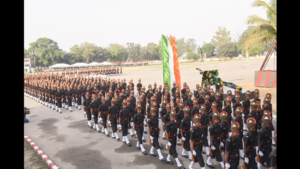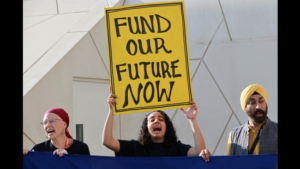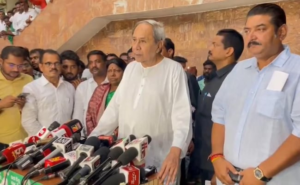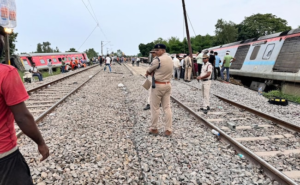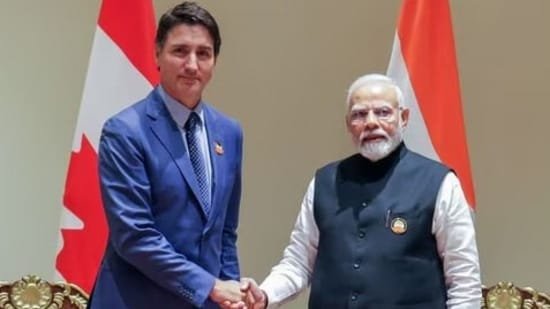
The current low in India-Canada relations was on full display during Prime Minister (PM) Justin Trudeau’s visit to New Delhi for the G20 Summit, from the awkward public interactions with his Indian counterpart Narendra Modi to the terse message PM Modi delivered at a bilateral meeting, that Ottawa needs to do more against extremist elements promoting secessionism and inciting violence against Indian diplomats.
This is not the first time the Indian side has read Canada the riot act in recent months about the activities of Khalistani extremists operating from Canadian soil. Canada has often referred to the freedom of expression enjoyed by its citizens while explaining its position on this issue. Canada would do well to remember that Khalistani elements were behind the most egregious terrorist attack targeting Canadian citizens. The bombing of Air India Flight 182 in 1985 killed 329, including 268 Canadian citizens, and a Canadian commission of inquiry had highlighted the lax attitude of security agencies.
Much has already been written about how the Canadian government is perceived to be reluctant to act against Khalistani extremists because of fear of alienating Indian-origin voters, but it is clear a majority of the Indo-Canadian community does not back the actions of these elements. Trudeau must now decide whether narrow domestic political compulsions matter more than the promise held out by a wider engagement with India. Already, the troubled bilateral relationship is believed to be a key reason for the suspension of negotiations on a free trade agreement, and Canada needs to decide whether to act on India’s call for cooperation in dealing with the threat posed by Khalistani elements. New Delhi too needs a new strategy to counter Khalistani elements operating in the West.

